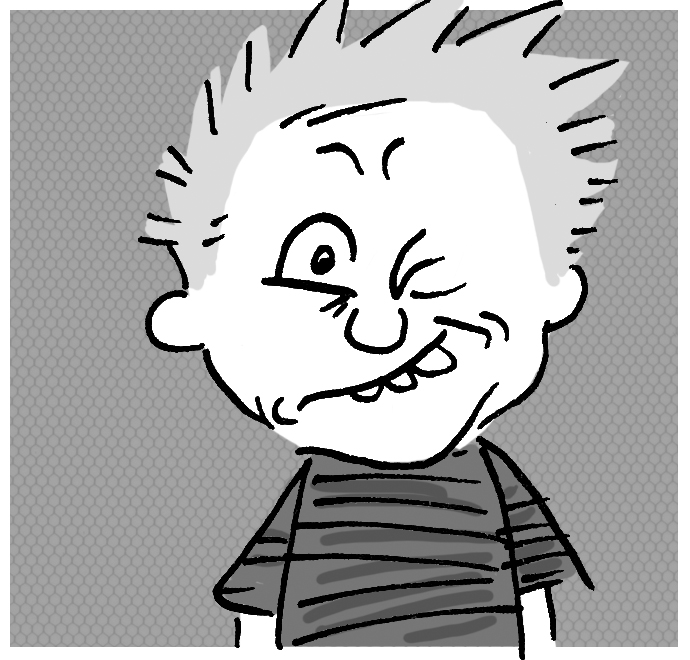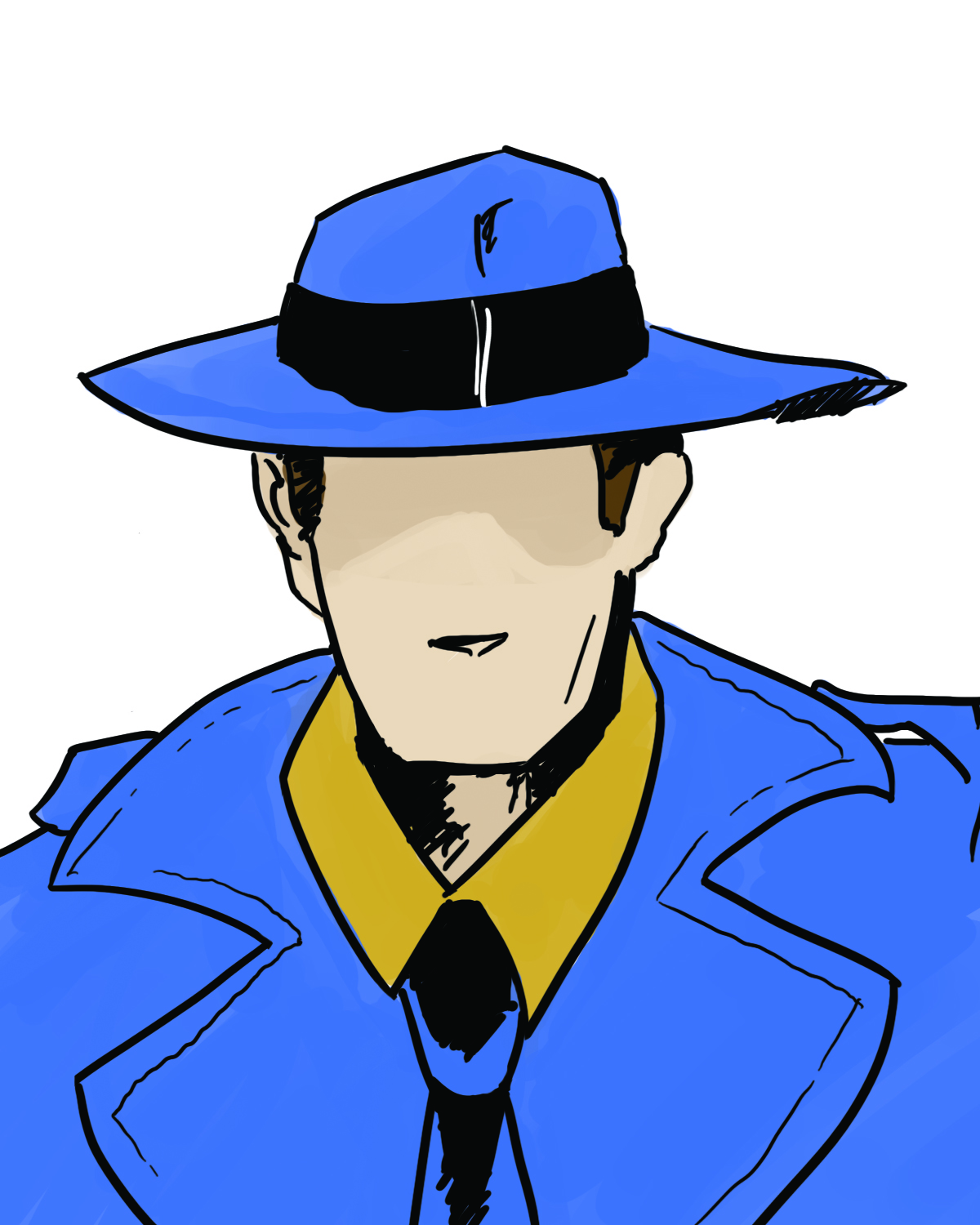When I was young, before I was able to fully appreciate the wisdom the pair conveyed in their panelled existence, I would flick through the pages of my brother’s collection of Calvin and Hobbes comics to soak in the pictures; eventually I learnt to appreciate the words as much as the images. As I began to make sense of the pair’s conversations, I found that the points they brought-up were paralleled in life, and so my education at the hands of Bill Watterson’s beloved characters began.
Below are five pieces of random wisdom the comics have imparted upon me:
Life
Through Calvin’s observations on surprises I came to better rationale the fickle nature of life.
In one memorable strip, as Calvin waits for his school bus, he wishes to the heavens for a surprise — the spontaneous explosion of his school bus. Calvin emphasizes to the heavens how surprised he would be if that happened. Needless to say the bus doesn’t explode, but in the final panel of the strip as Calvin sits in the back of his school bus, he drops one of the most accurate observations on life that I’ve ever come across: “Life is full of surprises, but never when you need one.”
Business & Economics
I learnt the fundamentals of supply and demand from Calvin’s lemonade stand ventures, as well some insight into how businesses work and a Latin phrase — caveat emptor — that continues to echo in my head when I make purchases.
In one of my favourite strips, Calvin sets-up a lemonade stand, charging an absurd $15 a glass. When Susie asks him how he can justify such a price, Calvin launches into an explanation of supply and demand.
Calvin explains that, “As the sole stockholder in this enterprise, I demand monstrous profit on my investment.” Speechless Susie inquires about the actual lemonade, pointing-out that it is just a lemon in a jug of water and that she could get sick from it. Calvin rebuts that he has to cut expenses to stay competitive, and that “caveat emptor” is the motto his business stands behind.
Aliens
I used to debate with others and myself about the existence of aliens, sometimes feeling that aliens didn’t exist because no contact has been made, and other times rationalizing that the universe is so vast that intelligent life must exist.
Calvin put an end to all the nonsense debates when he put forth the idea that, “. . . the surest sign that intelligent life exists elsewhere in the universe is that none of it has tried to contact us.”
Existentialism
When I began to wonder about Hobbes, I unknowingly waded into a sea of existential dilemmas.
Who is Hobbes? Is Hobbes real? Is Hobbes just a figment of Calvin’s imagination? Is Hobbes like the toys in Toy Story? Eventually I was led to question the validity of my own existence: Who am I, am I just a figment of my own imagination?
The Education System
When I was young and naïve I would try to understand and learn the concepts taught to me in school, because I believed that was the key to doing well in school. Then I read a particular Calvin and Hobbes strip and realized I was doing it wrong.
In this strip Calvin is completing a test in school, and after writing the answer to one of the questions he continues writing, “As you can see I’ve memorized this utterly useless fact long enough to pass a test question. I now intend to forget it forever. You’ve taught me nothing except how to cynically manipulate the system. Congratulations.”
The above are only a few of the tidbits of knowledge that I’ve picked-up, and somehow every time I revisit the comic strip I seem to discover something new. I believe that Calvin and Hobbes, as characters and as a comic strip, are a representation of pure imagination and curiosity. This coupled with the complexity or, perhaps more accurately, the randomness of their adventures is what, in my opinion, makes the comics endlessly endearing and relevant.



